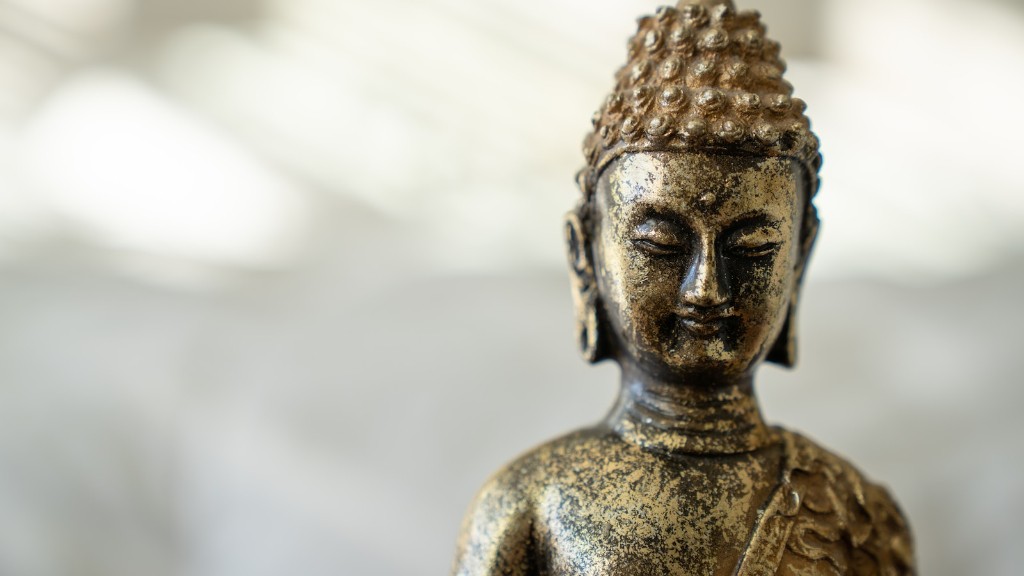Background to Christianity and Cremation
It is estimated that over two billion people in the world are Christians, making it the largest religion in the world. Historically, the basic ideals of Christianity were passed down orally until they were committed to script, becoming what is known as the New Testament. Christianity has now evolved and developed into multiple branches that are scattered across the globe. As such, it is difficult to ascertain a single definitive answer to the question ‘Is Christianity Against Cremation?’
Viewpoints from Experts on Christianity and Cremation
There are several viewpoints from experts on this subject, notably from the Catholic Church. Rome has been vocal in its stance that ‘the Church earnestly recommends that the pious custom of burial be retained.’ This does not mean that cremation is prohibited but it is discouraged, as cremation of the body and ashes is considered to desecrate the tradition. On the other hand, there are many viewpoints that suggest cremation is not against the beliefs of Christianity and society as a whole. Protestant and Anglican churches, as well as major Evangelical Christian churches and non-denominational groups, do not take such a strict stance on the issue and allow cremation, citing reasons such as environmental concerns.
Scientific Evidence & Arguments
The scientific evidence against cremation, however, is difficult to deny and alludes to some basic facts which must be factored into an informed opinion. Firstly, it takes around two and a half hours to cremate a body. During this time, up to 360 litres of water are evaporated into the atmosphere and an estimated 1.5Kg of pollutants such as mercury and carbon dioxide are released from the body. Additionally, research has shown that the high temperatures used during cremation can produce small amounts of chemical compounds such as dioxins and furans, which are linked to health problems.
Relevance to Christianity & the Environment
Some have argued that this is evidence in favour of the argument that Christianity is against cremation, as a call to protect the environment is an integral part of the core values of Christianity. Even though cremation is becoming increasingly popular, it is important to bear in mind that the burning of the body is in some way going against the traditional burial of the body.
Alternative Options & Practices
One other factor that must be considered is that crematio is not the only option available to those who wish to honour and respect the deceased. There are a number of other options such as the green burial and burial at sea, both of which are respectful and environmentally friendly ways to say goodbye to a loved one.
Attitudes from Different Societies
The attitude towards cremation is different in different societies. In some societies it is taboo, whilst in others it is seen as a respectful way of honouring the deceased. For example, in India and Japan it is seen as a way of releasing the body so that it can be united with nature and return to the cycle of life.
Conclusion & Summary
Ultimately, the question of whether Christianity is against cremation is one that needs to be taken on a case-by-case basis and depends largely on the individual’s own beliefs. By examining the background, different viewpoints from experts and the scientific evidence in relation to Christianity and cremation, it can be seen that there is no single answer to this question.
